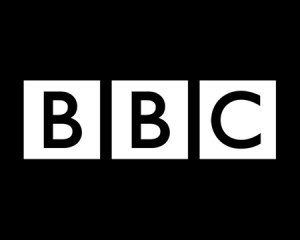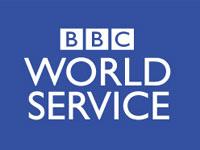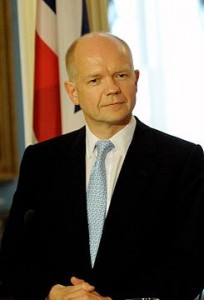(Source: Real West Dorset)
RAMPISHAM’S radio transmission station may close before Christmas with the loss of more than 20 jobs, even though it’s currently broadcasting into Libya.
The proposed shutdown of the Dorset site follows the BBC’s decision earlier this year to cut back on World Service shortwave broadcasting and stop it altogether by 2014, even though nearly half of the World Service’s audience (184 million in 2010-11) listens via shortwave.
The BBC says it’s phasing out shortwave because the Foreign Office cut the World Service grant by 16% (£46 million).
The author, Jonathan Hudston points out:
Britain has three major sites broadcasting internationally on shortwave. The others are Woofferton in Shropshire and Skelton in Cumbria. Rampisham broadcasts more hours than they do, is more reliable, and has a wider reach across Europe, Africa and the Middle East. (It’s a little-known fact that the National Grid runs right through the Rampisham site, supplying 60,00 volts. I think it has only ever lost power twice in 70 years. Once was during the Great Storm of 1987, which shows it takes something pretty extreme).
He goes on to ask:
Is it really in the UK’s national interests to dismantle Rampisham and sell its equipment for scrap?
The modern preference is said to be for internet-based services, but Jo Glanville, in a good piece about the World Service in the current edition of the London Review of Books, makes the point that shortwave radio can reach many millions of people in ways that internet-based services cannot.
He has a very good point. As we’ve mentioned numerous times before, shortwave radio crosses borders better than any other medium. It’s hard to block and untraceable.


 It appears some BBC journalists, as of 23:01 UTC (Sunday), have gone on the strike we
It appears some BBC journalists, as of 23:01 UTC (Sunday), have gone on the strike we 


